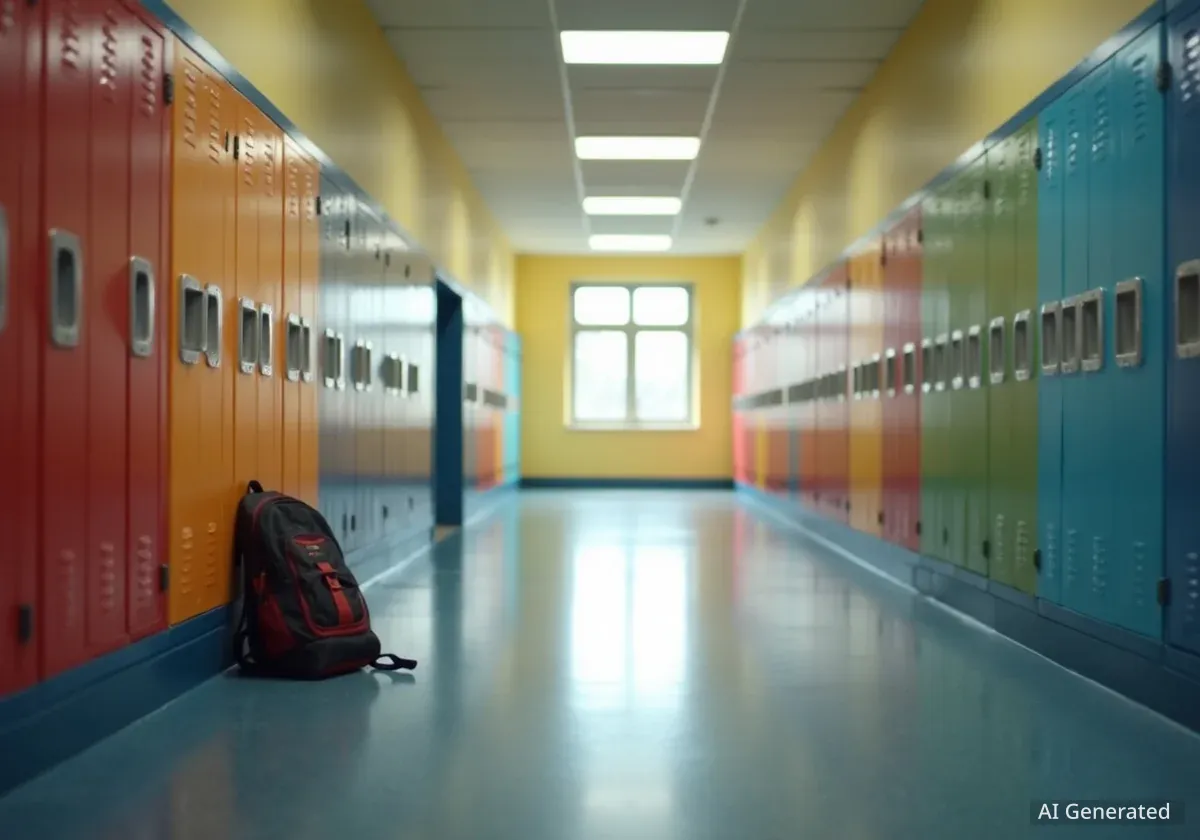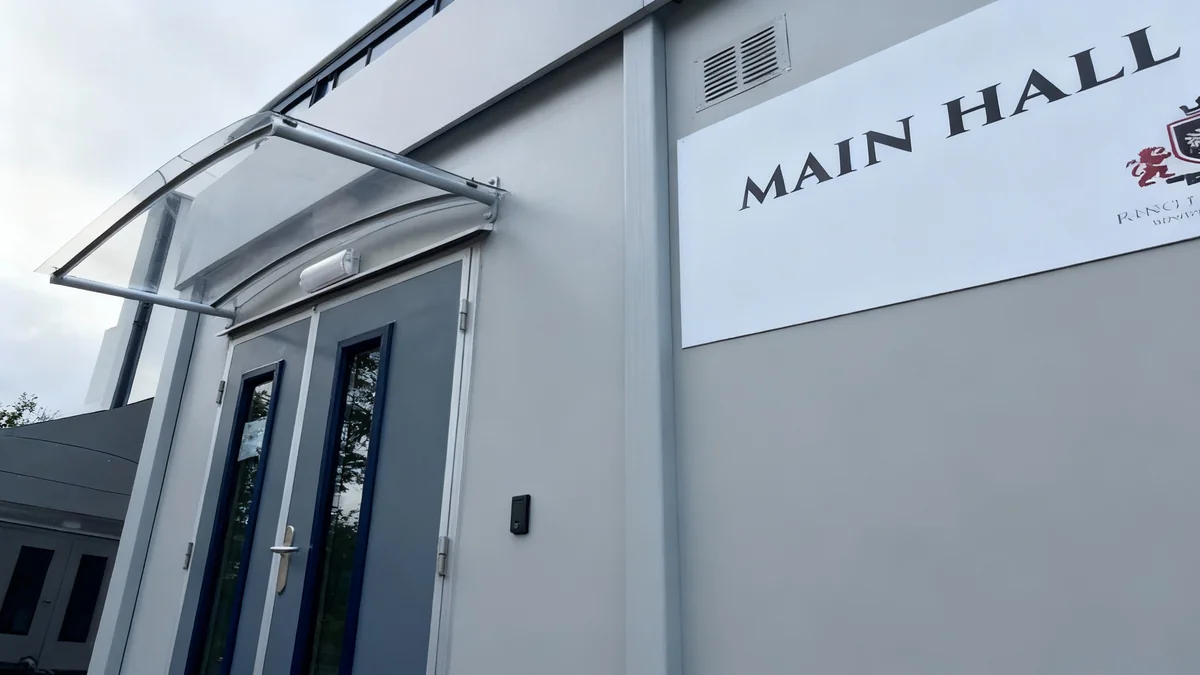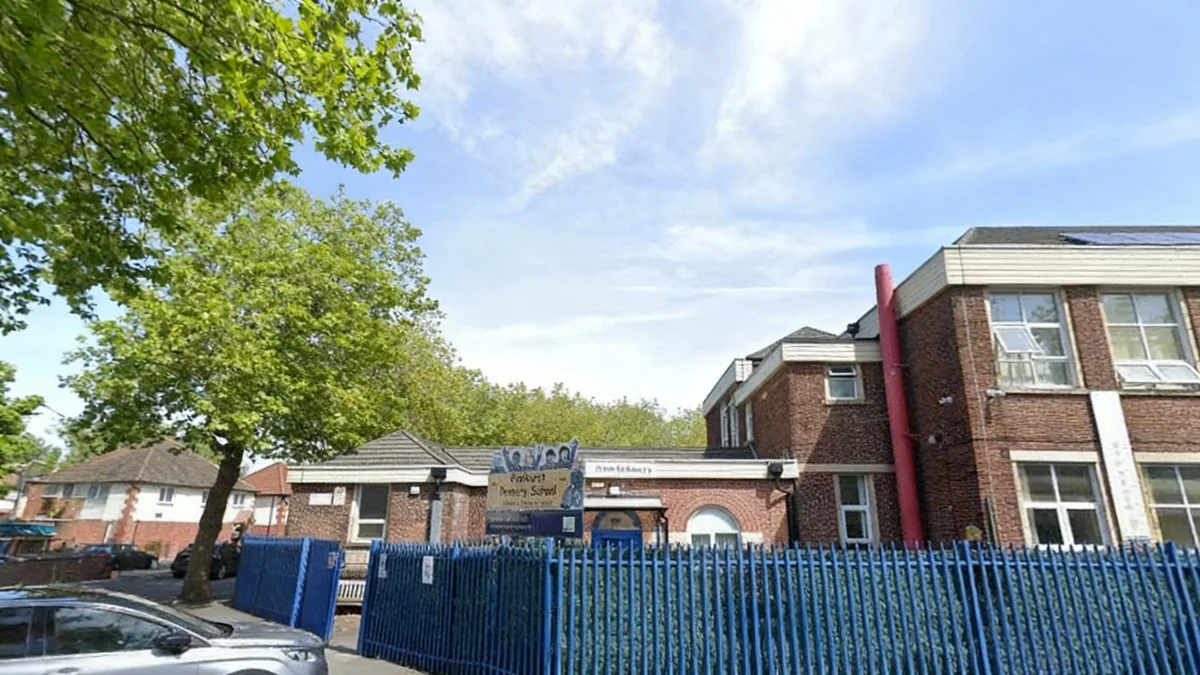Wirral Council is set to consider a new policy aimed at supporting a growing number of children who are unable to attend school due to health issues, including anxiety, depression, and trauma. The local authority currently manages over 300 such cases annually, and the proposed framework seeks to streamline how it meets its legal duty to provide suitable education for these pupils.
Key Takeaways
- Wirral Council manages more than 300 cases of children missing education (CME) each year.
- A rise in anxiety, depression, and trauma, exacerbated by the pandemic, is a primary cause for school absences.
- A new policy will be reviewed on October 15 to create a single panel for assessing educational support requests.
- The policy is expected to cost approximately £1.2 million annually, using existing funds.
Rising Number of School Absences Due to Health
A report prepared for Wirral Council's education committee highlights a significant increase in the number of children in the borough who cannot attend mainstream school. The primary reasons cited are complex health needs that present barriers to regular attendance.
According to the council documents, there is “a rising number of children across the Wirral are unable to attend school due to anxiety, depression, or trauma.” This trend has been intensified by the effects of the recent pandemic.
The report states, “The pandemic has disrupted attendance patterns and exacerbated health and social challenges and pressure on mainstream schools.” The council is currently responsible for over 300 children missing education (CME) cases per year, a figure that changes based on referrals and individual circumstances.
Annual Caseload
Wirral Council manages more than 300 cases of children missing education each year due to health reasons, exclusions, or other complex circumstances.
Proposed Policy to Centralize Support
To address these challenges, a new policy will be presented to councillors at a meeting on October 15. The proposal aims to establish a more unified and consistent approach to providing education for children out of school.
Currently, the system involves several different boards and processes, which the council report identifies as a risk. The document notes that the fragmented approach “leads to risks in relation to some children falling between various admissions processes and missing education.”
Creating a Single Point of Assessment
If approved, the new policy would create a single, dedicated panel to assess all requests for alternative education provision. This is intended to ensure that decisions are made transparently and consistently for all children, regardless of their situation.
The council believes this streamlined process will strengthen its support for vulnerable children and help it better fulfil its legal obligations. As a local authority, the council has a statutory duty to arrange suitable education for any child who cannot attend school because of health needs.
Legal and Financial Risks
The report suggests the new policy will reduce the likelihood of legal challenges. It states the framework “reduces the risk of legal challenge or Ombudsman findings by demonstrating consistent, transparent decision-making.” This follows recent reports of rising legal costs for the council in defending appeals from parents regarding Special Education Needs and Disabilities (SEND) support.
Financial Implications and Future Outlook
The cost of delivering the services outlined in the new policy is estimated to be around £1.2 million per year. However, the report clarifies that these are not new expenses, as the costs are already being incurred by the council through existing arrangements. Councillors are not being asked to approve additional funding at this stage.
Despite this, the report warns of potential future financial pressures. It acknowledges that the costs associated with alternative provision placements are increasing nationally. Furthermore, demand for these services in Wirral is also expected to rise, mirroring trends seen across the country.
Ensuring Fair Access to Education
The primary goal of the proposed policy is to improve outcomes for children who are missing school. The council report emphasizes the importance of equity and fairness in the education system.
“A single policy helps ensure that all children, regardless of background or school placement, receive fair and timely access to education. It prevents postcode lotteries or service gaps and supports Wirral’s commitment to inclusion.”
By creating a clear and unified framework, the council aims to reduce the number of children who miss out on their education. The policy is part of a broader effort by the local authority to improve its services for children and families, including its support for early years and SEND services, which will also be discussed at the upcoming committee meeting.





